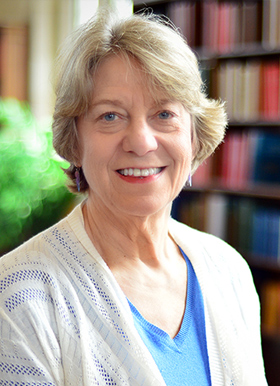Measuring the Institutional Determinants of Volunteering by Older Adults
Productive Aging

Calls in the United States for greater involvement in service and volunteer work have brought renewed attention to the current and potential contributions of older adults to the lives of others and communities. This is an affirmation of the value of service to the commonweal and suggestive that new visions of aging are gaining a foothold in the public psyche. But what will it take to increase involvement in volunteer work among the oldest segment of the population, which is increasingly comprised of healthier and better-educated individuals? Answering this question requires looking beyond the characteristics of older adults themselves and understanding how opportunities for volunteerism and service are structured. This research project examines the conceptual framework for understanding and initial findings from a study of organizational factors that impact the recruitment, retention, and effective utilization of older volunteers.
The aim of this study is to augment existing knowledge regarding the individual-level determinants of volunteerism among older adults with information about the institutional context in which those activities are carried out. We explore the congruence between the perceptions of older adults and organizations as regard the quality of volunteer opportunities within a single urban/suburban volunteer market. Our goal is to provide the language, measurement tools, and impetus for a broader and more balanced discussion of elder volunteerism and service.
Funding Partners: Ford Foundation, Innovations in Civic Participation
Principal Investigator & Contact

Nancy Morrow-Howell
CSD Faculty Director; Washington University in St. Louis
Productive Aging: Active Engagement in Older Adulthood
Grand Challenges for Social Work